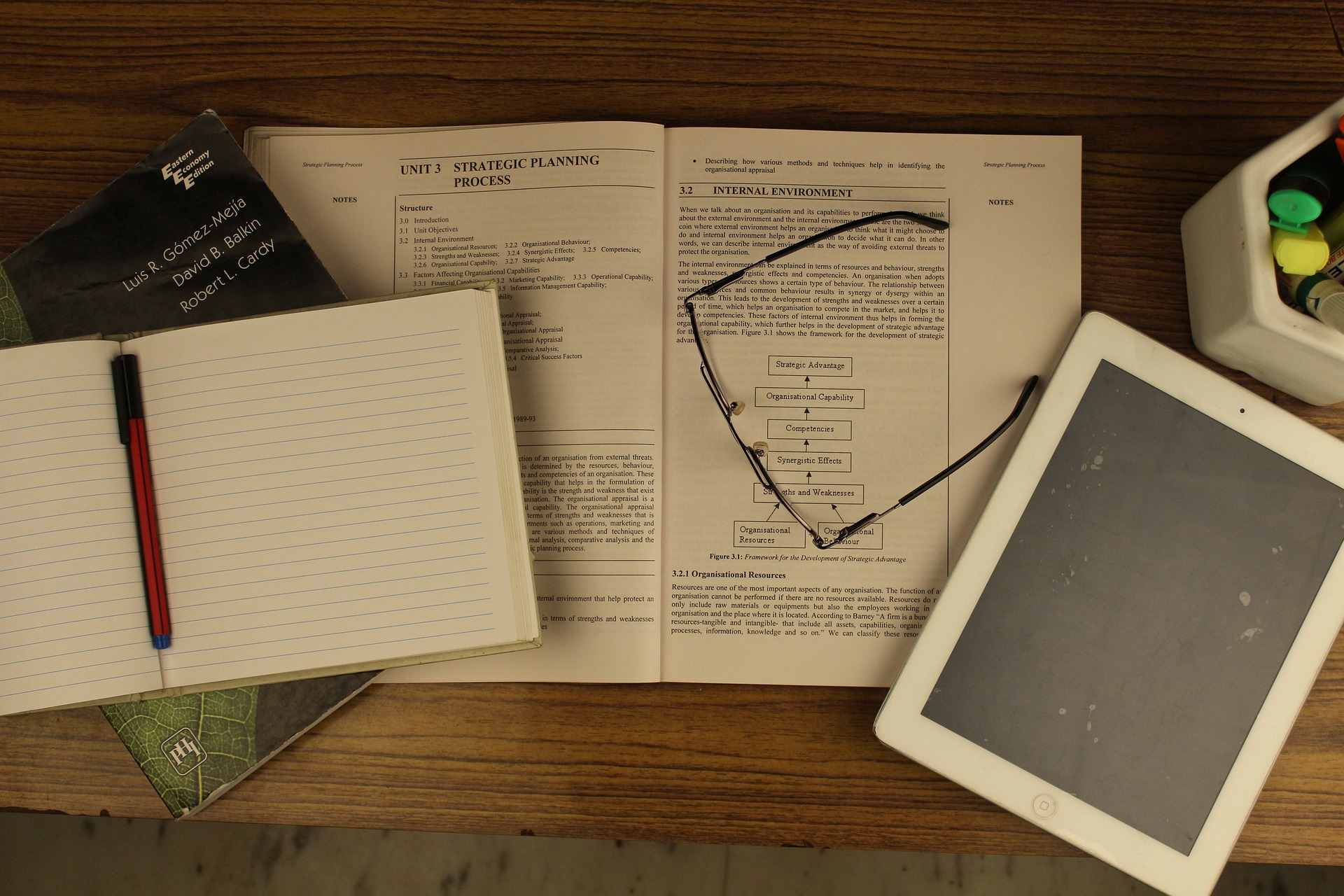
Theories about how to make elearning work will need to be put to test in order to find out their relevance in the real world. In particular, researches should look into conducting elearning case studies to see how policies, content, and course structures affect measurable outcomes.
For example, researches can compare two different groups under their own separate elearning programs. They can check the retention rates, test scores, engagement levels, and attrition rates of these groups. They can also conduct interviews to get the insights of the learners themselves.
These case studies can provide a wealth of information that can be used to design future courses with better results. They can give definitive proof that one policy works better than the other. The changes can lead to greater satisfaction among students while also increasing their performance.
Any school or business that are using remote learning can benefits from these.











